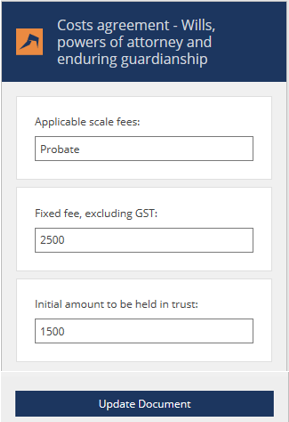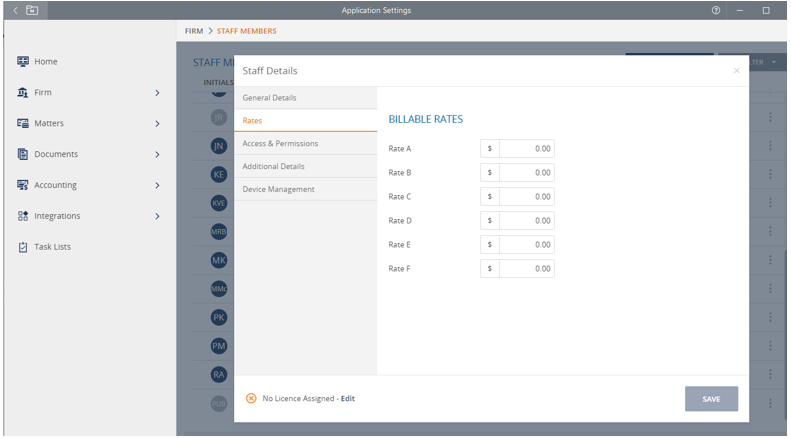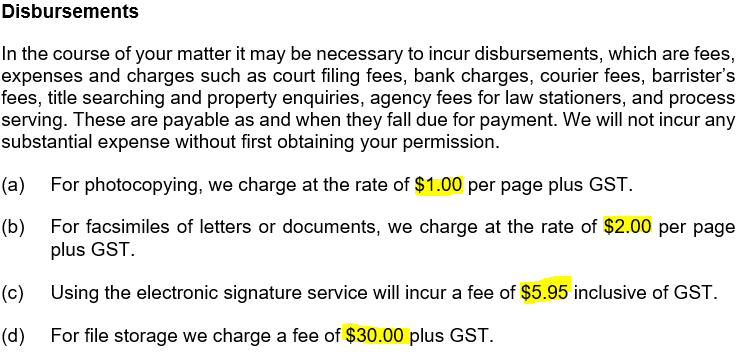The By Lawyers Enforcement (VIC) guide has been extensively reviewed. It provides practitioners with a wealth of practical information on the options available to recover judgment debts.
Three new precedents have been added to the matter plan and the commentary has been revised and updated.
New precedents
- Example content – Affidavit in support of application for charging order summons. A judgment or order for the payment of a sum of money may be enforced by obtaining a charging order from the Supreme or County courts. This creates an equitable charge over stocks and shares, or any funds in court in which the judgment debtor has a beneficial interest.
- Example content – Affidavit in support of application for garnishee summons.
- Example content – Affidavit in support of application for warrant for seizure or sale or for possession of land.
Commentary enhancements
- New commentary on stop orders, which prevent funds in court being paid out without notice being given to the person who applied for the order.
- New commentary on the proper use of bankruptcy procedures, which should not be used for the purpose of putting pressure on a debtor to pay the debt.
- Enhanced commentary on conduct money, the need for it to be sufficient and outlining some practical considerations.
- Expanded commentary on post-examination procedures, including examination of the debtor on ‘the material questions’ in the Supreme or County courts.
- Further commentary on the instalment order process, including attachment of earnings, and the reluctance of the courts to make orders that will force the debtor into extreme hardship or to live a life of deprivation.
- Expanded commentary on garnishee orders.
- Expanded commentary on warrants of seizure and the sale of property – goods and land.
- Enhanced commentary highlighting the difficulties and reality of enforcing judgment debts and managing client expectations, providing practical guidance on securing the best outcome for the client.
The Enforcement guide review, undertaken by our Victorian litigation author Nawaar Hassan, reflects the commitment of By Lawyers to updating and enhancing our publications.








